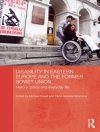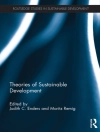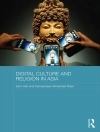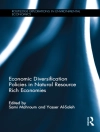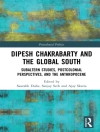It is predicted that climate change will result in big changes to the global distribution of rainfall, causing drought and desertification in some regions and floods in others. Already there are signs of such changes occurring, with particularly serious consequences for poorer countries. The need for international cooperation in managing the effects of climate change, and other influences on the hydrological cycle, is becoming urgent. Future wars may well be fought over water. This book is part of a series focusing on key issues in environmental science and technology. Focusing on the sustainability of water supplies to the growing populations throughout the world, this volume consists of articles contributed by a group of experts drawn from around the globe. Issues covered include: policy making in the European Union; rural water supplies in Africa; chemical monitoring and analytical methods; water use in agriculture; social justice in supplying water; potable water recycling, and sustainable water treatment. The book will be useful to those working in the water industry, policy makers and planners, researchers and environmental consultants, and students in environmental science, technology, engineering, and management. There is also much here to interest all concerned with major environmental issues such as climate change and the many other factors which influence the sustainability of water supplies.
Tabella dei contenuti
Chapter 1: Water sustainability and climate change in the EU and global context;
Chapter 2: Climate change and rural water supply in Africa;
Chapter 3: The European Water Framework Directive – chemical monitoring programmes, results from an Irish case study and analytical challenges;
Chapter 4: Managing the water footprint of irrigated food production in the UK;
Chapter 5: Climate change and water – a Scottish perspective;
Chapter 6: Social justice and water;
Chapter 7: Safe management of chemical contaminants for planned potable water recycling;
Chapter 8: High science, low technology – a potential approach for sustainable water resources;
Chapter 9: Nanomaterials for groundwater remediation
Circa l’autore
Roy Harrison OBE is Queen Elizabeth II Birmingham Centenary Professor of Environmental Health at the University of Birmingham. In 2004 he was appointed OBE for services to environmental science. Professor Harrison’s research interests lie in the field of environment and human health. His main specialism is in air pollution, from emissions through atmospheric chemical and physical transformations to exposure and effects on human health. Much of this work is designed to inform the development of policy.


